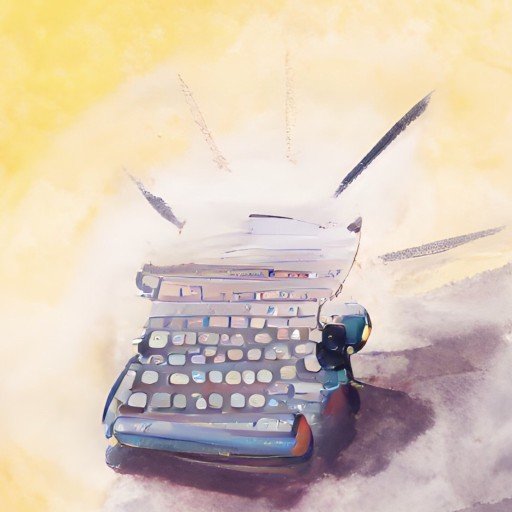By now I’m used to sighing and bracing myself when popular media covers blockchain technology news. No matter what the actual story is, someone will squeeze in a contemptuous sneer or dismissal: Bitcoin uses more energy than Argentina! Crypto is killing the planet!
But I dare say I hoped for better from my favorite podcast “about the internet”. There’s a treasure-trove of great stories about blockchain to tell - if you’re willing to look past the blooper reel! Blockchain is not just digital money. Nor is it just strange NFT fads. More to the point: it’s NOT a foregone conclusion that it must be an energy hog!
The consensus/security mechanism used by Bitcoin & Ethereum is called proof-of-work, and indeed, mounting energy consumption is an inevitable fact of this mechanism. Having first-comer advantage, they currently dominate the market, but the history of blockchain is only starting.
Proof-of-stake is a newer consensus mechanism that is driving third-gen blockchains like Cardano and others. With this mechanism, per-transaction energy usage rivals Visa (VISA!!!). Compared to Bitcoin, it doesn’t even really register on the scale.
But that’s not all. Many people building blockchain tools are doing it with goals really oriented around making a better future—so they are leveraging solar as the sole energy source for network nodes, or basing NFT projects around a tree-planting initiative, and the list goes on. **Some blockchains are already carbon-negative, and others have laid plans to get there soon! **
Meanwhile, what IS the real story?
-
Home ownership rates through Africa are incredibly low (~5%). Conversely, loan interest rates are incredibly high: 40-80%!! Affordable loans are a financial tool that allows people to own property, start a business - the things that allow us to truly build a better future for ourselves and our communities. These and other financial tools could be enabled by transparent, secure, decentralized blockchain networks. Imagine what this would mean to individuals, communities, and countries, who currently lack access to these tools, due to war, corruption, ineffective government, etc??
-
Speaking of government, imagine a tool that could offer utterly transparent, secure voting? #nuffsaid #NotJust3rdWorldProblems
-
Even here in America, we accept that institutions, brokers, and middlemen provide “trust” for important transactions. We accept that they set the rules, and the access, and the timelines, and then take chunky fees for their services. What things might change when smart contracts can provide that “trust” - for a fraction of the cost?
-
One project I just got excited about recently is using blockchain to create end-to-end transparency for donors to support promising young scholars in underprivileged countries. Their help allows these kids to get education that they otherwise could not access. These types of programs already exist with countless NGOs - who doubtless do great work! But how might the world change if donor dollars could go even further? How many more might be inclined to give if transparency, trust, and accountability mechanisms were baked into the technology that handles all the financial inputs and outputs? I know I’ll be watching!
-
What if anyone with a good idea to build or create something for the common good could propose their idea to the global community for a vote, and if the community says yes, their project would be funded? The good idea could be an app, a community hub, educational programs, a new business, a media offering - anything. Like pitching to a VC, except the deciders are not just rich white guys. THIS IS ALREADY HAPPENING WITH BLOCKCHAIN.
There are so many amazing stories to tell about blockchain, and I hope to see more of them emerging in popular news and other media soon! I don’t mean to dismiss the serious issues of energy and carbon emissions. Perhaps by raising awareness of new solutions that are both earth-friendly and inspiring, we can help turn the tide of public attention and utility-consumption to these newer networks, faster.



i just learned today that Unilever and Salon Media Group are utilizing Blockchain technology to document ad-buying transactions, such as revenue, contracts, and impression data.